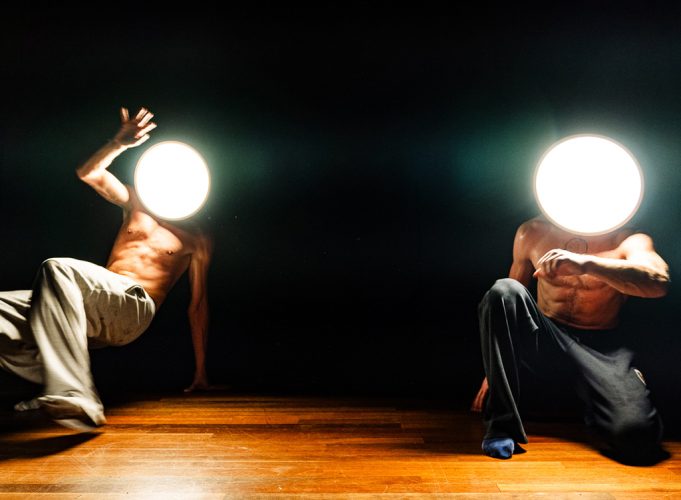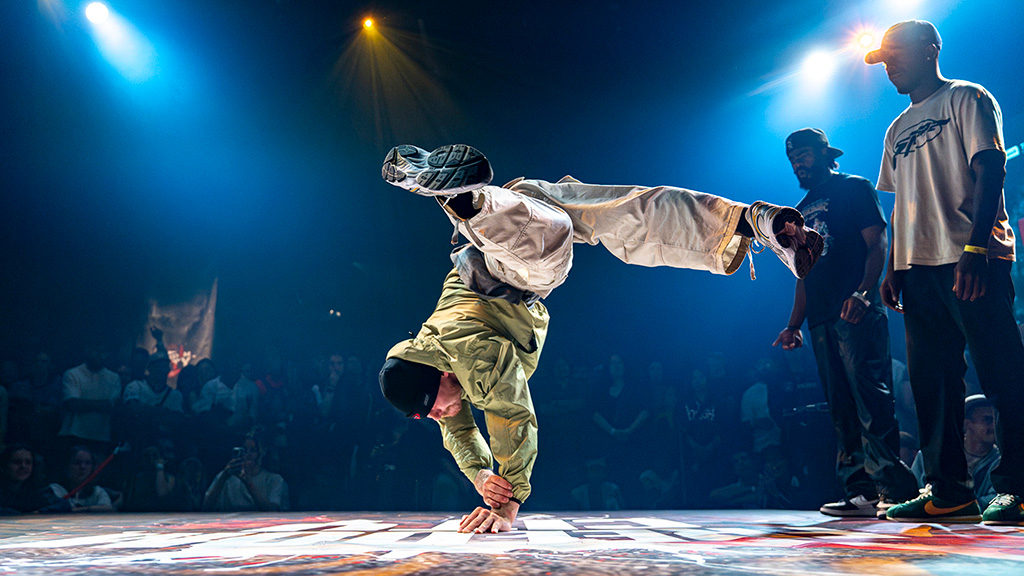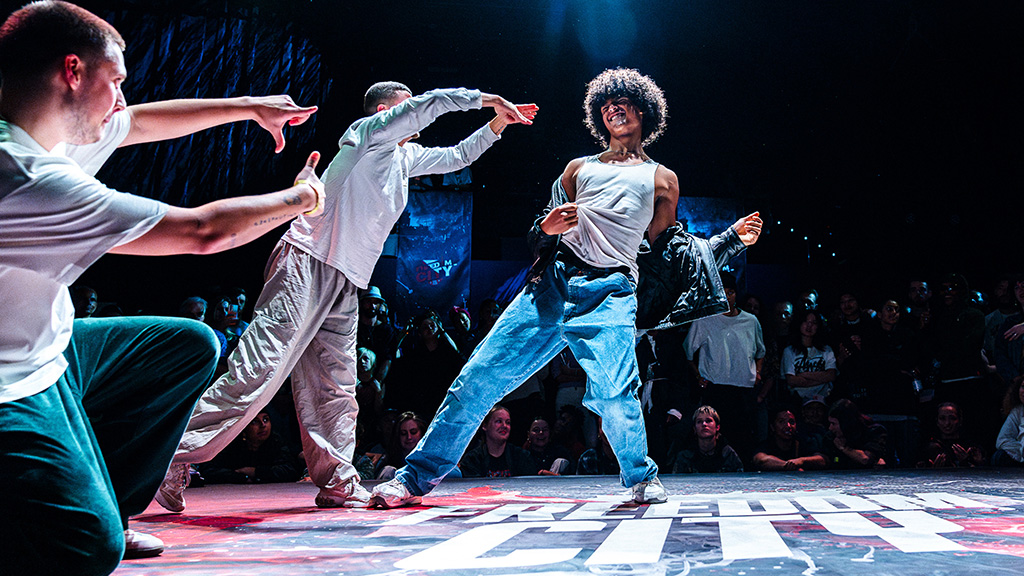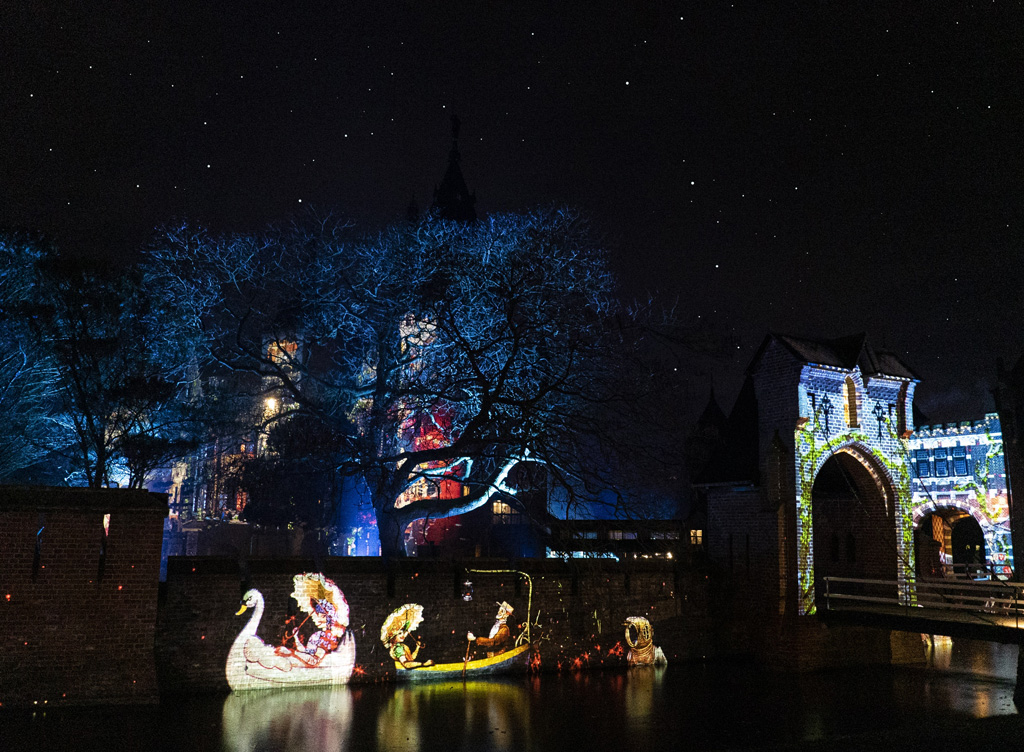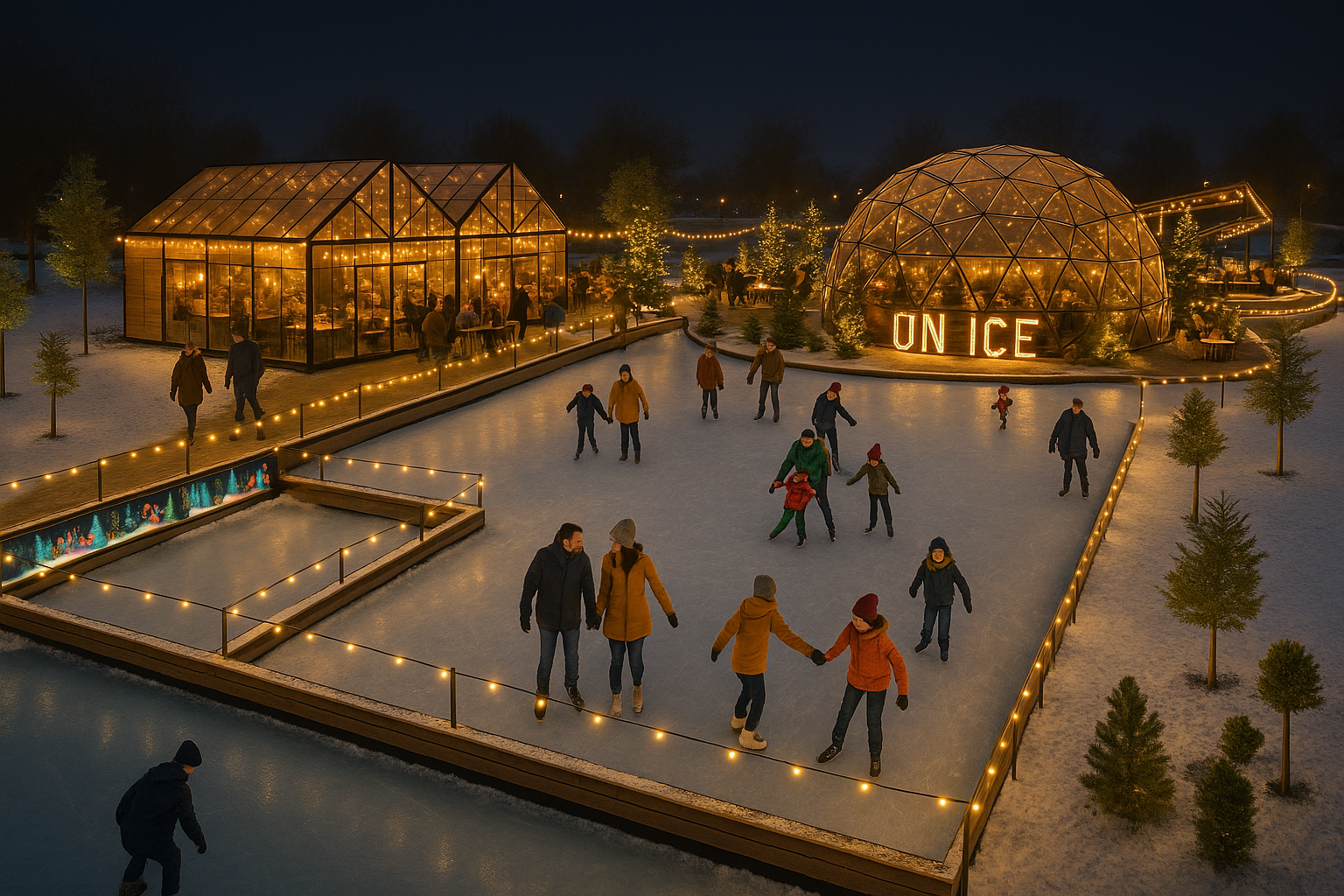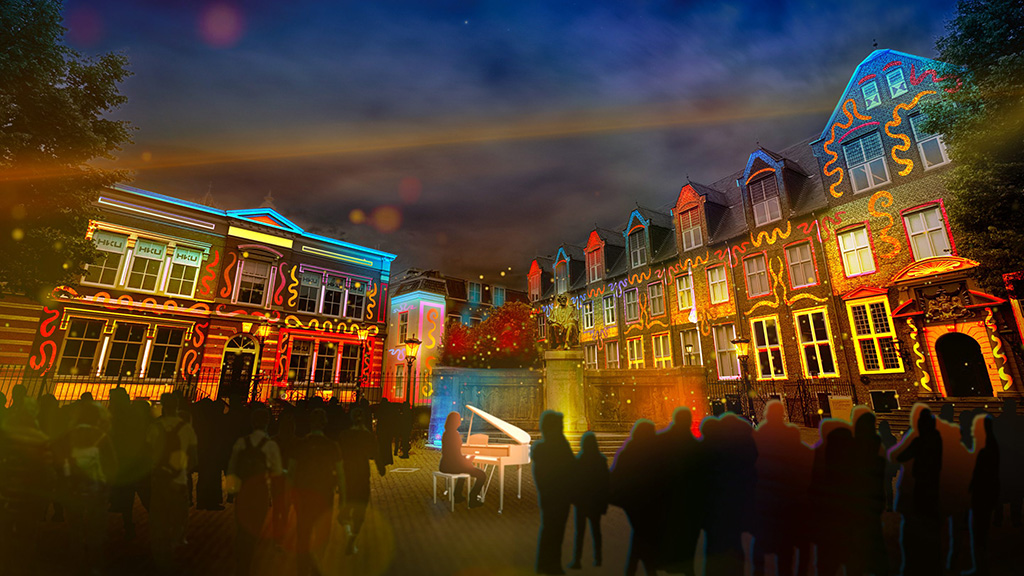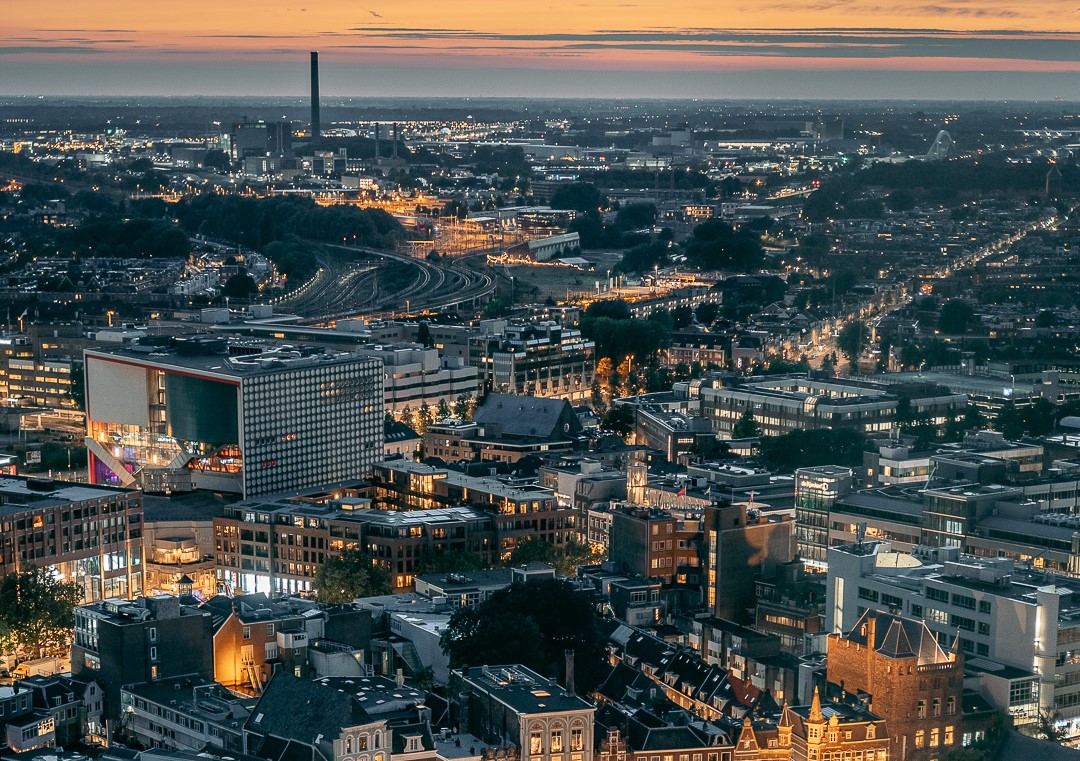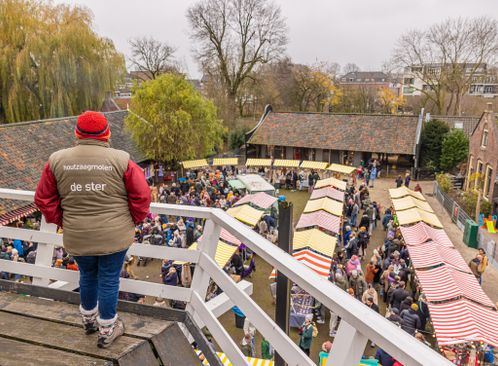Freedom City Dance Festival is celebrating its eighth edition. Having started out as study assignment, it has since evolved into a full-blown event featuring dance, music and community. Founder Raymond Ramdihal, known in the scene as Baba: ‘Hip-hop provides a place where you can be yourself.’
What does hip-hop mean to you?
‘Much more than just dance: It’s fashion, DJ-ing, graffiti, rap, urban sports, photography, sneakers. Everything to do with self-expression and creativity. But also knowledge: awareness of the history, the social context and the transmission of knowledge within the culture.’
Where did you first encounter hip-hop?
‘Dance is important in our family. My mother and sister both danced, and I’m a child of the hip-hop culture. During the dance programme at the Creative College in Overvecht, which I started when I was 18, I had to visualise my future for an English exam. Most of the students just made something up, but I thought: why make it up if you can really develop something? My dream to create a dance camp has since evolved into an event. So Freedom City literally came about in the classroom.’
Where did the name Freedom City come from?
‘Dom City stands for Utrecht. Freedom is vital to me; I’ve taken this from the hip-hop culture. Until now, I never really considered the deeper meaning of the word freedom, but I’ve come to realise how important it is. Particularly for people who don’t have it. There are places in the world where you’re not even allowed to dance, so we should be grateful that we can celebrate our culture here, with movement, sound and space, and people who are committed to providing quality. It’s a privilege that we should nurture.’
How’s the hip-hop scene in Utrecht doing?
‘It’s stronger than ever. When I started, everyone worked on their own little island. But now we’ve got structural collaborations, subsidised foundations and places like House of HipHop and the dance programme at the Creative College in Overvecht, which serves as an incubator for budding talent. Utrecht is finally starting to take us seriously, but there’s still some way to go. We must make sure that artists can start their career in their own city, that hip-hop becomes a regular feature on the podium. Most pop podia don’t have a hip-hop programmer, which shows that we aren’t quite there yet. But we definitely bring something to the social table: community, inclusiveness, mental well-being. The hip-hop scene is about connection. We don’t judge people on their background, but on their vitality. At a time when so many young people feel lonely or pressurised to perform, hip-hop provides a place where you can be yourself.’
What makes the Utrecht scene unique?
‘The scene here is smaller than in Amsterdam or Rotterdam, for example, so we have to be more creative with our resources. Whereas hip-hop tends to be heavily stylised in other cities, the rule here is: it doesn’t matter if I look weird, as long as I’m myself. It’s this individuality that makes the Utrecht scene so powerful. We might be seen as a bit bonkers, but at least we’re original. I can feel this in the way we interact. If you walk into a dance session, nobody asks: what’s your name, how old are you, where do you work? Nobody’s interested. They just say: hi, you come here to dance? We’ll ask you about yourself later. It’s more about the vibe and energy that you bring.’
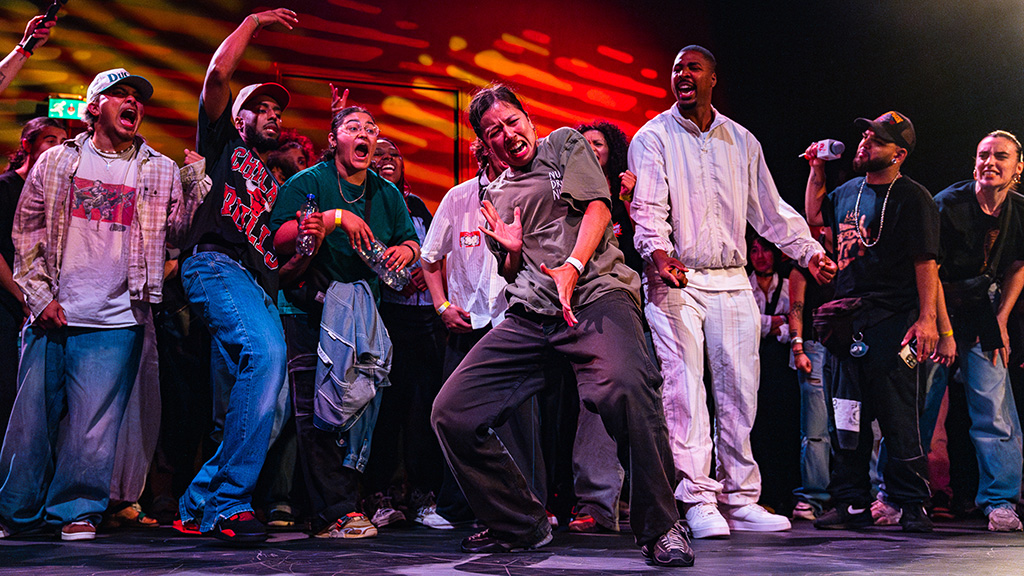
How is Freedom City bringing the hip-hop culture to the city?
‘We are literally taking it out from underground, out of the bedrooms, studios and cellars, and into the spotlight. In the city centre, where everyone can see it. During the day, you’ll see the battles on Stadhuisplein and performances in the stadsschouwburg and Theater Kikker, and the party will continue into the night in EKKO.
But Freedom City isn’t just organised as an annual festival; we’re building our culture too. We help people to apply for funding, teach them how to organise their dance crew, train them in production. It’s just as much about what goes on behind the scenes. We try give people the chance to work on their art form.’
So what can expect from the eighth edition of the festival?
‘We’re consciously focusing on krump and breaking, two very different styles. Breaking revolves around technique, strength and originality, whereas krump is raw, emotional and intense. You could say it’s the heavy metal of hip-hop. The contrast will fuel the festival with its own energy. Anything goes, and that’s what you’ll feel. We’ve also invited some big names from Los Angeles and New York, such as Mijo, a pioneer in krump. And this year, the festival will be June instead of September: more summer, more outside, more connection with the city. We want to show local businesses that Utrecht comes alive when Freedom City’s in town. Prepare to get those Nikes in the shop windows.’
What do you want visitors to experience?
‘Connection. I want them to feel like they’re part of something. That all they need to do is be themselves. But most of all, we want them feel the festival vibe: they should go home on Sunday, totally exhausted from three days of battles, clubs, master classes and shows, but with a smile on their faces because they feel inspired and energised.’
13 to 16 June 2025, various locations in Utrecht


